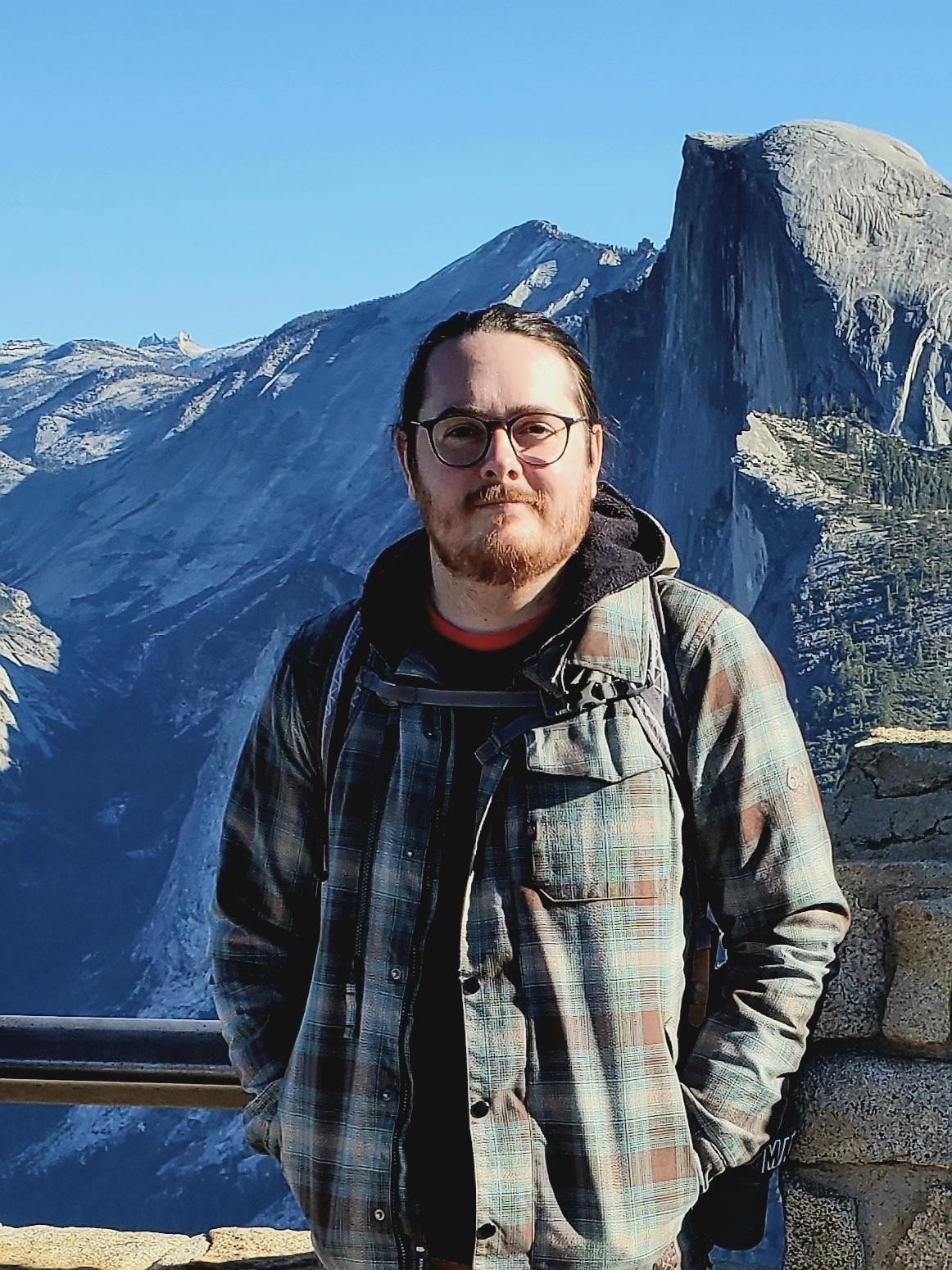Cody Gette
Senior Data Scientist
Why physics?
From astrophysics to physics education research (PER)
Cody was drawn to physics because of the interest and challenge of the coursework. While completing an undergraduate degree in physics, he completed a thesis project in physics education research (PER) and found that he enjoyed studying student learning. After a master’s degree in astrophysics, Cody returned to PER for his PhD. He felt that the research environment of PER was more supportive than astrophysics due to the small community and welcoming environment.
A direct impact
Cody transitioned to PER in part because he felt that it had a more direct impact on people. Says Cody, “You go to the classroom and see people struggle. In our research we can figure out, how can we fix that?” His PhD work focused on understanding how students understand and interact with technical material. Cody also enjoys having face-to-face interaction with people; a theme which has carried through to his current career in data science.
Meet Cody
Using physics & PER
A career in data & machine learning
Cody’s current position is a senior data scientist in the Office of Personnel Management (a federal agency). His work is focused on improving the user experience on the federal career search engine and job board: USAJOBS — a job which combines machine learning, computer programming, data algorithms, large data sets, as well as designing user studies, survey questions, and using statistics to interpret them. “The high demand for data experts also gives me the freedom to choose the team I work for and where I live,” he says.
Combining technical knowledge with an understanding of learning
“In data science, I use basically every technical skill I’ve picked up along my educational path,” says Cody. His physics background was critical for this work, giving him technical skills and language, including knowledge of programming and statistics. “I use programming every day,” he says. This background combined very well with his background in physics education research, which gave him relevant training for conducting research on human experience and working to improve that experience. “I was trained to do user-centered design,” he says. He also uses the PER skills in study design, developing surveys and interviews, and using that data to make decisions.
Learning communication & management skills
Cody currently uses a lot of project proposal, project management, and communication skills he obtained through his PhD. He has learned to work with a team of scientists and developers, “rather than just trust myself.” He is also able to communicate and translate between the data scientist and web development teams due to his broad expertise.
Advice for students
Consider data science careers
Cody chose data science because there was a high demand for people with these skills, and it is interesting work. His expertise in physics and PER translated directly to the industry, and there were many more of these jobs in government and the private sector than in academia.
Prepare for the interviews
“Technical interviews for data scientist positions are very difficult,” warns Cody. It took many months of dedicated practice to prepare for the interviews. “Do a lot of practice with data science. There’s no substitute for knowing how the algorithms work and problems asked in interviews are designed for machine learning and artificial intelligence. You can’t step out of physics or PER and into data science without knowing the technical language they are expecting.” More details on additional training and interview preparation.
Take more computer science
In data science, Cody says, you’re almost a software developer first and a scientist second. “Take a lot of programming, learn how to manage a large research project, and get feedback on your work.”
Consider government as well as private industry
Data scientists are more common in private industry, but Cody has found his government position to be rewarding. His first position was in a start-up company. His salary in a government job isn’t as high as some private sector positions, but he feels that in his current position he has more responsibility and positive impact. Compared to academia, he enjoys the quick turnaround time for projects and the highly collaborative nature of the work. He thinks the transition into a government data science job is also probably easier than in private industry.
